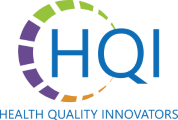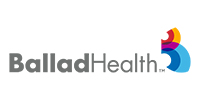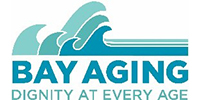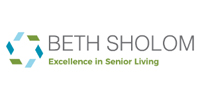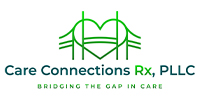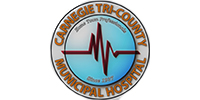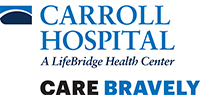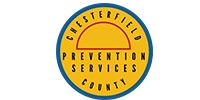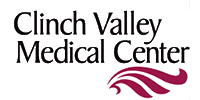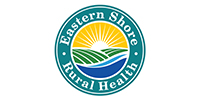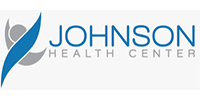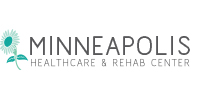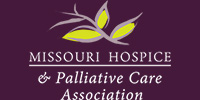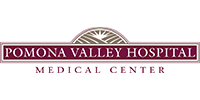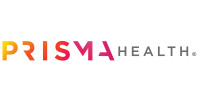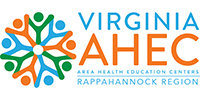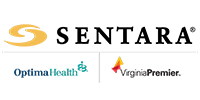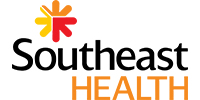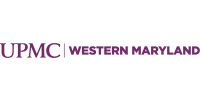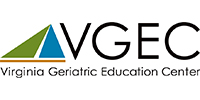The Collaboration category recognizes the efforts of organizations committed to bringing others together to solve health care challenges and improve health care in the communities they serve.
Category Winner
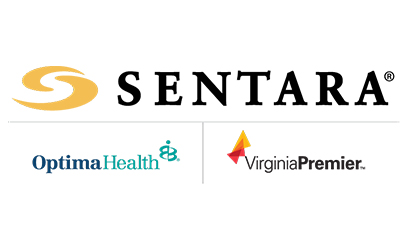
In support of their mission to improve health every day, Sentara Healthcare teamed with partners and stakeholders in Virginia and North Carolina, ranging from small faith-based organizations to large universities and everything in between. By convening and building capacity through connections and funding, Sentara Healthcare strives to tackle underlying economic and racial disparities. As part of their journey to be the Health Anchor in all communities they serve, Sentara Healthcare opened a community care center, aimed at mitigating chronic disease, in a historic health care desert. Thus far, Sentara Healthcare’s partnerships have garnered more than $6 million in state funding and helped more than 541,000 people receive food during the pandemic, of which 75,290 of them were vulnerable seniors.
First Runner-Up
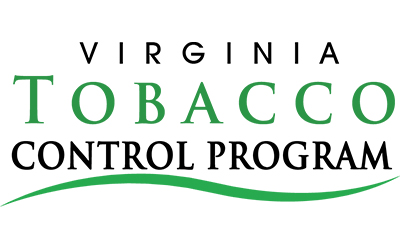
The Virginia Department of Health collaborated with Health Quality Innovators (HQI) to engage community pharmacists throughout the state to join the Tobacco Cessation Initiative, part of the Virginia Tobacco Control Program (TCP). Together, HQI and TCP recruited, educated and trained 19 community pharmacists to use Virginia Quit Now, a tobacco cessation quitline, when providing services to their patients. Quit Now Virginia is a CDC best practice service that has been proven to increase the quit rate by over 30%. The participating pharmacists, many located in low economic and rural communities, interacted with each patient, encouraging participation in the program. This collaborative effort resulted in 56 referrals in the first two months of the program.
Second Runner-Up
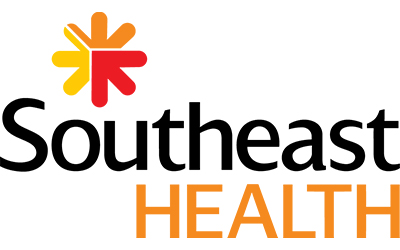
SoutheastHEALTH implemented an “all hands on deck” approach to eliminating hospital-acquired pneumonias. Based on a report of dental burden across the state and a lack of education and poor oral hygiene on the pre-operative end of service, a multidisciplinary team at the Missouri facility implemented processes to provide oral care before procedures and during hospital stays. Additionally, all discharged patients were sent home with toothbrush/toothpaste packets and education regarding the importance of oral care at home. As a result of these efforts, the facility boasted a 71% reduction in non-ventilator health care-associated pneumonia, a 51% reduction in pneumonia readmissions to the same facility, a 69% reduction in sepsis mortalities and an average cost avoidance of $850,000 per quarter.
2022 Nominees
